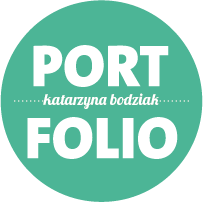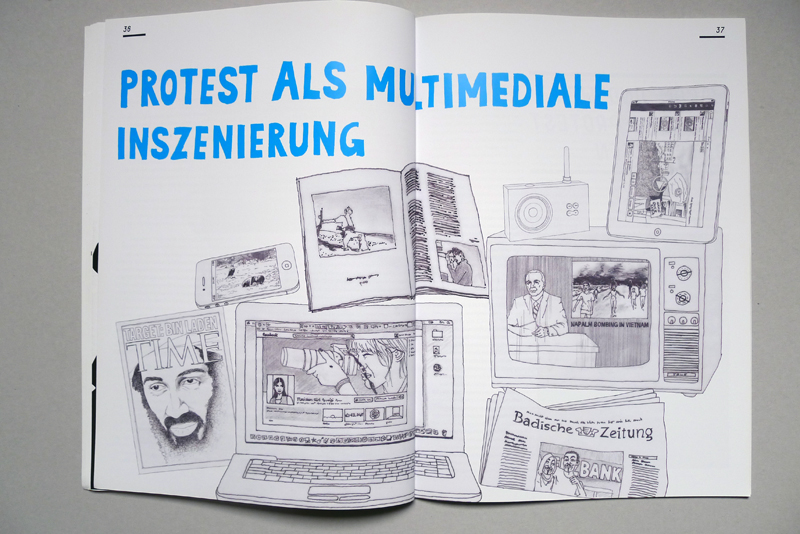
Occupy, Stuttgart 21 and the Arab Spring made 2011 a year of protest and demonstration. And more than ever before, it was driven by media such as blogs, smartphone videos and photographs, published on social networking sites like Facebook and Twitter. As digital media spread around the world it rapidly became iconic of the rebellion. The focus of this work was the influence of digital media on protest culture.
We collected and analysed pictures of vocal figures, stories, reports and historical events, and their relation to the media in all its diverse forms. Our aim was to put the politics of the media under the microscope. We examined the structure of the content as well as it’s background, and investigated the power of propaganda and censorship of the media. It was important to highlight how the viewer perceives suffering in the media and how it affects their opinions and actions. We considered the ideology that is and was associated with the Internet, and the role it could play as a catalyst for protest culture.
We found that the media, and the world wide web in particular, generates a diverse range of opinions – some of them highly controversial. Perception varies: many believe that there is potential for a utopian landscape of total freedom and ultimate democracy; many others fear Orwellian control.
The question at the heart of the work was this: are newer, faster and more direct technologies purely tools for communication, or do they hold the power to spark genuine change in society?
TEAM: Katarzyna Bodziak, Meike Detering under the supervision of Prof. Barbara Holzer and Prof. Philip Teufel (FH Düsseldorf, edi – Exhibition Design Institute, MA Exhibition Design).














